One of FIDE’s key areas of focus over the past five years has been introducing initiatives to encourage more women to take up chess. New events and more sponsorship for women’s chess have increased, but there is more work to be done.
Since taking office in October 2018, the new FIDE executive team has prioritized introducing projects and funding for female players, coaches, and arbiters, while also growing the number of chess events for women and increasing the prize funds and financial support. At the same time, FIDE has sought to facilitate an open discussion and address issues related to gender disparities in the chess arena.
At the core of FIDE’s work in this area is the Women’s Chess Commission (WOM), headed by Anastasia Sorokina, who was elected in November 2022. Over the years, the WOM Commission has launched various initiatives and events that have highlighted the position of women’s chess and women in chess.
The projects and research conducted by the Commission has not only helped provide a better understanding and improvements for women’s chess but, also, helped vocalize the broader issues of women’s rights and place in society.
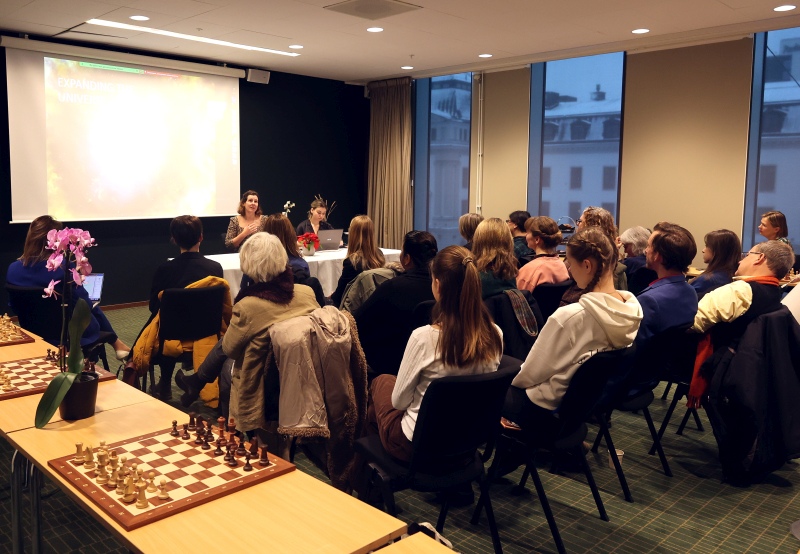
One of the pivotal areas of work by the WOM focused on providing a better understanding of the challenges around the issue of young female players quitting the sport after reaching a certain age. Highlighting and addressing these and other essential issues for women’s chess helped establish the Commission as an important contributor not only to furthering the position of women in chess, but the position of women in general.
“In recent years, I have witnessed a noticeable surge in the interest of women in chess. The mission of the FIDE Commission for Women’s Chess is to make chess beloved and accessible to girls and women globally. The primary objective of the Commission under my stewardship as Chair, is to champion the cause of making chess a universal pursuit for women worldwide,” says Anastasia Sorokina.
Dana Reizniece-Ozola, the Deputy Chair of the FIDE Management Board, says the organization will continue to drive initiatives to get more women involved and improve women’s chess. “Our aim is to inspire and support women of all ages and backgrounds, offering them the opportunity to engage in chess, enjoy the game, forge new connections, socialize, and carve professional paths in various spheres,” Reizniece-Ozola said.
In a concerted effort to engage, educate, and elevate women in the world of chess, the WOM has undertaken a series of groundbreaking initiatives. These projects, collectively aimed at breaking down barriers and promoting gender equality within the chess community, demonstrate a commitment to inclusivity and empowerment.
Here listed are some of the key projects launched by the WOM Commission:
Chess4all & All4Chess – encouraging global participation of girls and women in chess, highlighting not just the competitiveness of the game but also its social side and benefits for life and work beyond the chessboard. The project consisted of monthly workshops and activities which featured renowned players and female role models.
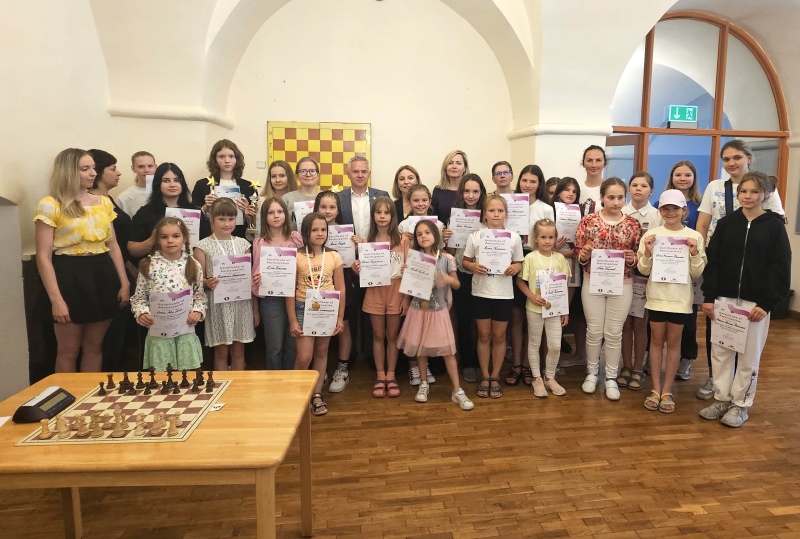
Chess Seminars for Ladies – a series of seminars providing educational opportunities for women, with the addition of building additional skills through lectures and promoting greater interaction between participants.
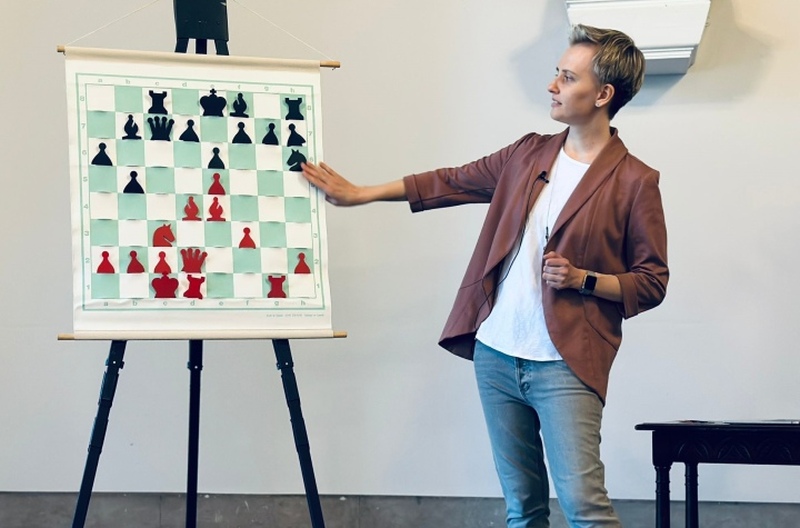
The Queen’s Gambit Challenge – Riding the wave of chess popularity following the captivating Netflix series The Queen’s Gambit, this course taught chess fundamentals to 500 participants from 15 Caribbean countries.
Global Survey and Women in Chess Index – One of the most important data-tracking projects in chess, it is the first-ever longitudinal survey of chess, focusing on the state of women’s chess in countries across the world.
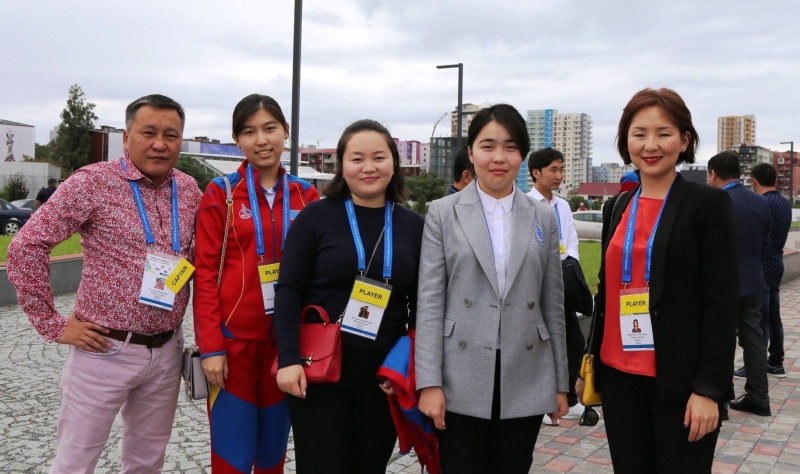
The Queens’ Online Chess Festival – An event dedicated to celebrating the International Women’s Day, promoting women’s chess. The third edition of the event will be invited to the 45th World Chess Olympiad in Budapest later this year.
Girls Chess Club in Kakuma (Chess for Protection Project) – A groundbreaking initiative in the Kakuma refugee camp in Kenya, providing chess lessons to three girls’ boarding schools with 250 attendees.
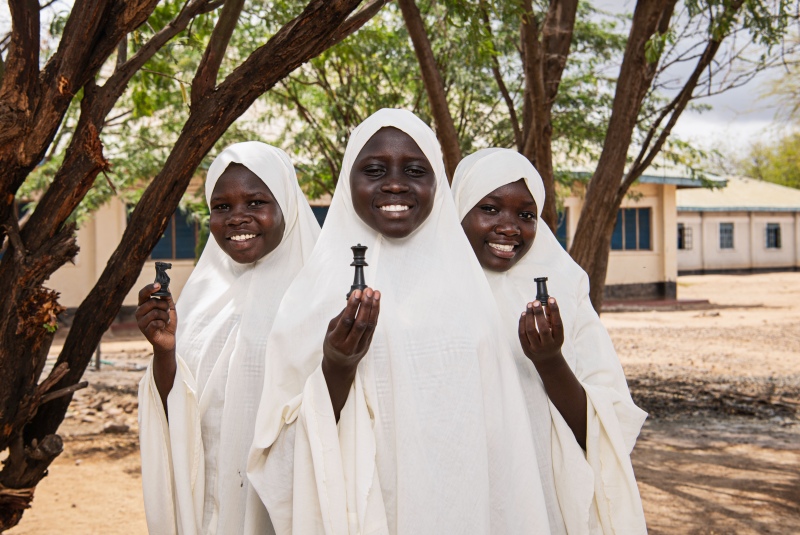
Chess4Peace: Refugee Women’s Training Program – Another project for refugees, focusing on women in early adulthood (18-23 years), and teaching them chess. This is a pilot project in Ukraine and Poland, supported by the International Olympic Committee.
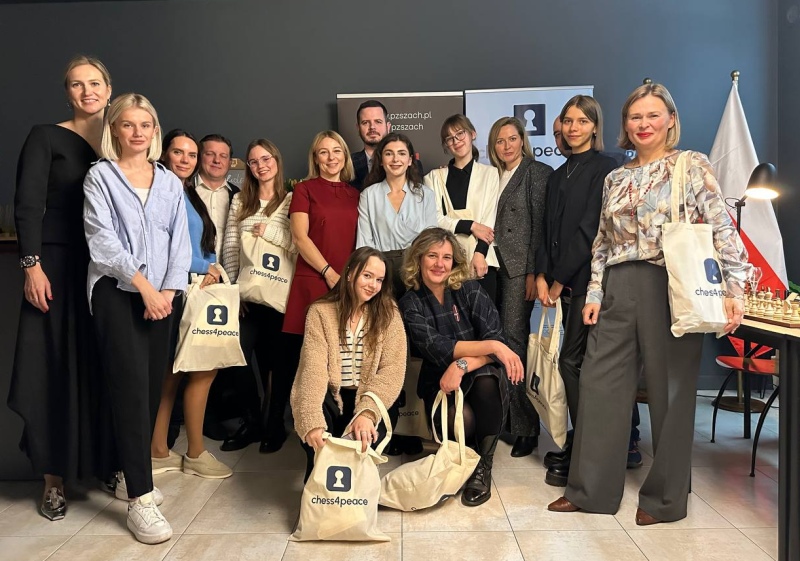
Women Safeguarding Policy – Focused on promoting a safe environment in the chess community for women, the program is aimed at providing resources and support for women who have experienced or witnessed sexual harassment.
ChessMom pilot project for the 2024 Olympiad – It aims to provide support for professional chess players who are mothers of infants under one year old. Specifically, through this initiative, all expenses related to an accompanying or caregiver person for ten female players traveling with their infants to the 45th Chess Olympiad will be covered.
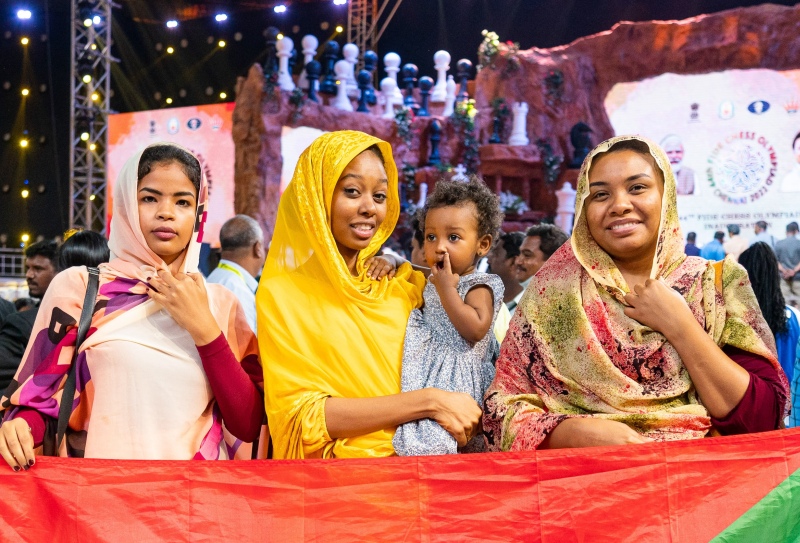
Supporting the creation of female teams in federations without one – Launched in August 2023 by the Commission for Women’s Chess, the initiative aims to help recruit, train and finance women’s chess teams for the countries that did not have them in the previous Olympiad. More broadly, the aim is to take a step further in promoting chess among women and girls.

Chess Ladies Art Film Milestone – Conceptualized by the chess artist Juga, this project showcases an all-female chess artistic performance from 160 countries, set to become a chess music video for Juga’s upcoming song “Queen Trap.” This event will take place in an epic setting, a Budapest landmark, during the Olympiad 2024.
The production team is honored to be already counting on Judit Polgar, Tania Sachdev, Elisabeth Paehtz, and Alexandra Kosteniuk’s appearance in the music video.
These initiatives collectively reflect WOM’s commitment to empowering women across the globe and improving the prospects for women’s chess.






